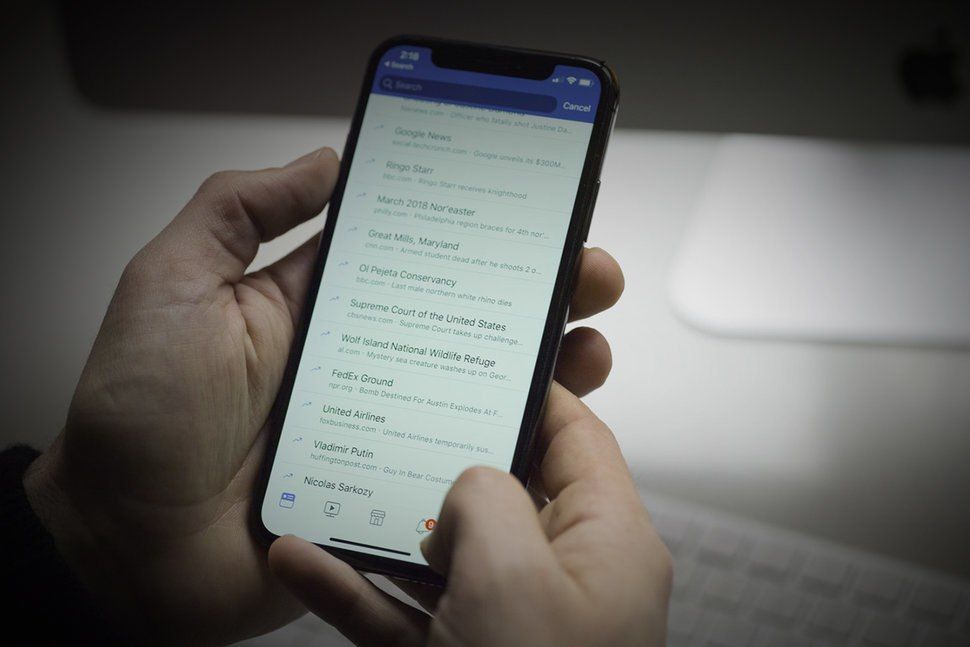Facebook has been paying teenagers to hand over total access to their phone and, naturally, that includes some very personal details.
On the surface of it, there’s nothing too unusual about this – researchers pay for all kinds of data about users. It does, however, raise some moral questions about whether companies should be targeting younger users. After all, the teens involved were between 13-17 years old (they had been paid just $20 a month for the access).
It also raises a wider and large question about whether we can trust big tech firms. And, you know what? The answer to this is relatively straightforward: no. Can we trust them do the right thing? Maybe.
Every company is answerable to one group – those that own it, usually shareholders. Users are valuable, but the company isn’t answerable to them. Naturally, tech firms want to keep users happy, because if they aren’t happy they will walk.
There are stacks of examples, but companies keep saying privacy is important and that users should trust them, while proving otherwise. In 2010 we were present when Google’s Eric Schmidt said that Google had the “most consumer-centric privacy policy of any service online". Yet, while its public-facing policies and protestations repeat the same lines now, the Wall Street Journal found last year that third-party app developers could still access your GMail.
Of course, this will be covered off in terms and conditions, but most users don’t read them and the more naive would they’d be shocked that Google would even allow it.
Even Apple likes to bleat about privacy so much that it even took out a billboard at CES 2019 (where it doesn’t bother exhibiting) to say, "What happens on your iPhone stays on your iPhone."
It’s own privacy website – echoed by recent Tim Cook statements - says, "At Apple, we believe privacy is a fundamental human right.
"Every Apple product is designed from the ground up to protect that information. And to empower you to choose what you share and with whom."
Even so, it appears to have ignored a bug report that foreshadowed this week’s Group FaceTime debacle. Yes, it must get thousands of bug reports from cranks. Yes, it will have to prove itself all over again.
But Facebook is the worst privacy offender now and while it keeps talking the talk, it also needs to walk the walk. And, this includes leadership in terms of the moral maze. Should it really be paying minors to forgo their right to privacy even if it was only 5 per cent of the overall research pool, as suggested to the BBC?
Not least, it was gaining access to iOS devices through surreptitious means via a method that breaches Apple’s own privacy guidelines. It’s suspect in itself that it has suspended the iOS market research (UPDATE: It appears Apple revoked access) but seems to be continuing with it on Android devices.
Surely we should expect a certain level of morality from our tech giants? After all, we’re keeping these companies in bread and beer – will we ever get it?

